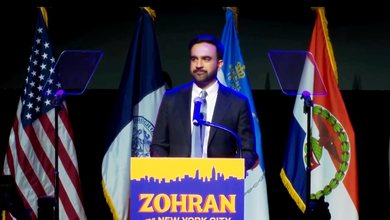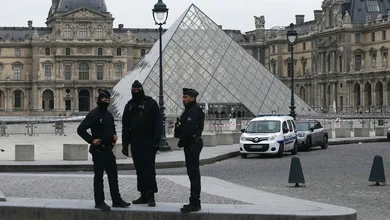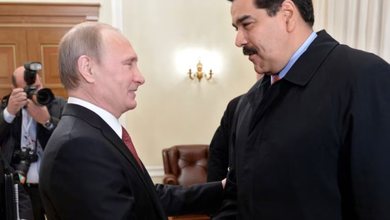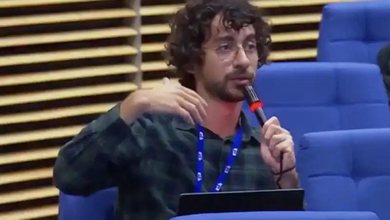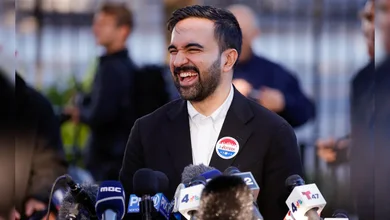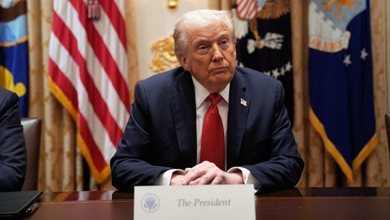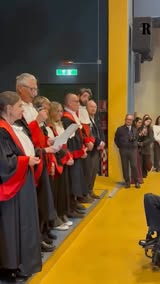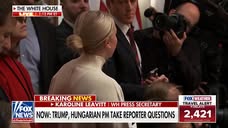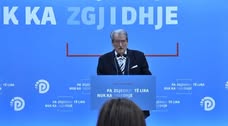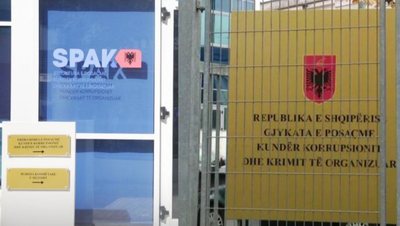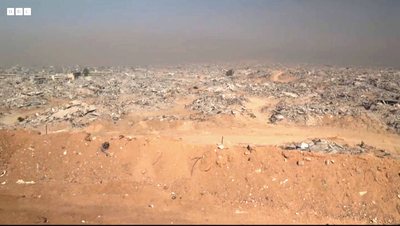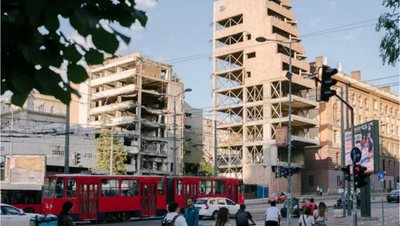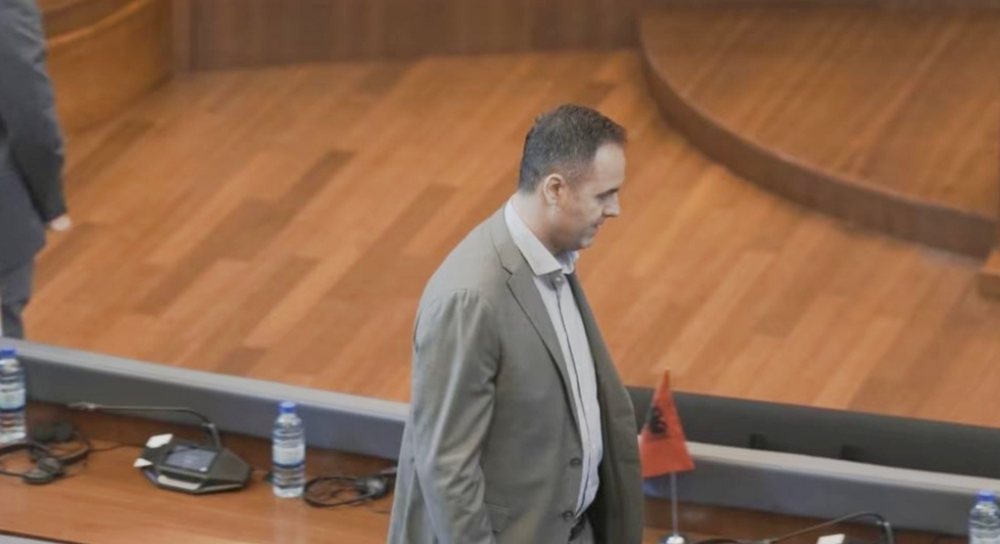
The chances that Glauk Konjufca, the prime minister-designate appointed by President Vjosa Osmani, will form the new Kosovo Government seem minimal.
With the former opposition united around the idea of new elections, the Vetëvendosje Movement's second attempt to create the executive risks ending in the same political deadlock, analysts say.
The former opposition parties – the Democratic Party of Kosovo, the Democratic League of Kosovo, the Alliance for the Future of Kosovo, and the Social Democratic Initiative – have made it clear that they will not support a government led by Konjufca.
Their position was publicly announced even before President Osmani officially mandated it on November 4.
Radio Free Europe attempted to contact representatives of all parties a day later to ask them about the steps they would take, but without success.
Konjufca also did not respond to a request for an interview.
"The former opposition's position has been cemented"
According to Professor Rrahman Paçarizi, from the Department of Journalism at the University of Pristina, the decision of the former opposition parties not to support a government led by Vetëvendosje "has been concrete" for a long time.
He adds that he does not expect Konjufca to secure the support of any other party, especially since the proposed cabinet composition remains the same as what the first prime ministerial candidate, Albin Kurti, submitted in his failed attempt on October 26.
However, it does not rule out the possibility that an individual MP from the former opposition may decide to vote for the Konjufca Government.
"He had a slightly different approach than Mr. Kurti in relation to the opposition. He was less polarizing," says Paçarizi.
"A long overdue proposal"
Analyst Avni Arifi sees the mandate of Konjufca as a belated and politically insufficient step.
He says that if this proposal had been made in April – when the failures to constitute the Assembly began – Vetëvendosje would have sent signals of readiness for compromises with the opposition.
But, according to him, Vetëvendosje has chosen to create blocking situations for the formation of institutions and to use harsh discourse against former opposition parties, blaming them for the blockade.
"All that's left are two options: [the LVV] to make an agreement with the Serbian List or to 'smuggle' some MP from the former opposition parties [to vote for the new government]. But the chances for even these two options seem bleak to me," Arifi tells Radio Free Europe.
The game with deadlines
In the event of the failure of the Konjufca, the Constitution of Kosovo provides for only one way out: the dissolution of the Assembly and the holding of new elections.
Konjufca has 15 days to present the new government composition to the Parliament – until November 19.
After this date, President Osmani can immediately announce elections or wait until the 60-day deadline following the appointment of the first mandate holder has been met.
"President Osmani can remain silent for 20 days, until the 60-day deadline from the nomination of the first mandate holder is met," says Paçarizi.
He also mentions another possibility that is circulating in political circles, that "Osmani could use this period to step down from the position of president, to get involved in the political race, sacrificing just one month of her mandate."
In 2021, Kurti and Osmani ran in parliamentary elections with a single electoral list and won convincingly.
According to Paçariz, this move would have significant political consequences, as "all parties – from Vetëvendosje to the former opposition bloc – would try to take advantage of these tactical games with constitutional deadlines."
A new cycle of blockades?
The most likely scenario, according to analysts, is a repeat of the political stalemate.
Arifi does not believe that possible new elections would improve relations between political parties in Kosovo.
On the contrary, he warns that the country could face a new cycle of institutional blockades.
"I don't see any willingness from other parties to cooperate with Vetëvendosje, because as a political partner it is extremely unsuitable," says Arifi.
According to him, the culture of inter-party cooperation, which had developed over the past decade, has been "completely destroyed" after the Vetëvendosje Movement came to power.
Paçarizi also warns that political polarization may continue even after new elections.
"There is a high possibility that they will continue, if there is no change in the constellation of political parties that will be represented in the Kosovo Assembly," he says.
According to Paçariz, the political scene is now dominated by the narrative of the acting Prime Minister, Albin Kurti, who has announced two elections within a few months - in the winter and then in the spring, when President Osmani's mandate ends.
The parties are already following this narrative, according to Paçariz, which only deepens the crisis and delays its resolution.
Kosovo has had a government in office since March, while the process of constituting the Assembly has dragged on for about six months, ending up in the Constitutional Court several times.
The European Union has expressed hope that the country will form a functional government as soon as possible, in order to begin implementing the recommendations of the European Commission's Progress Report, which assessed that Kosovo has made limited progress due to the political blockade.
The Kosovo Assembly told Radio Free Europe that as of the afternoon of November 5, there had been no movement to organize a session to vote on the new Government./REL




